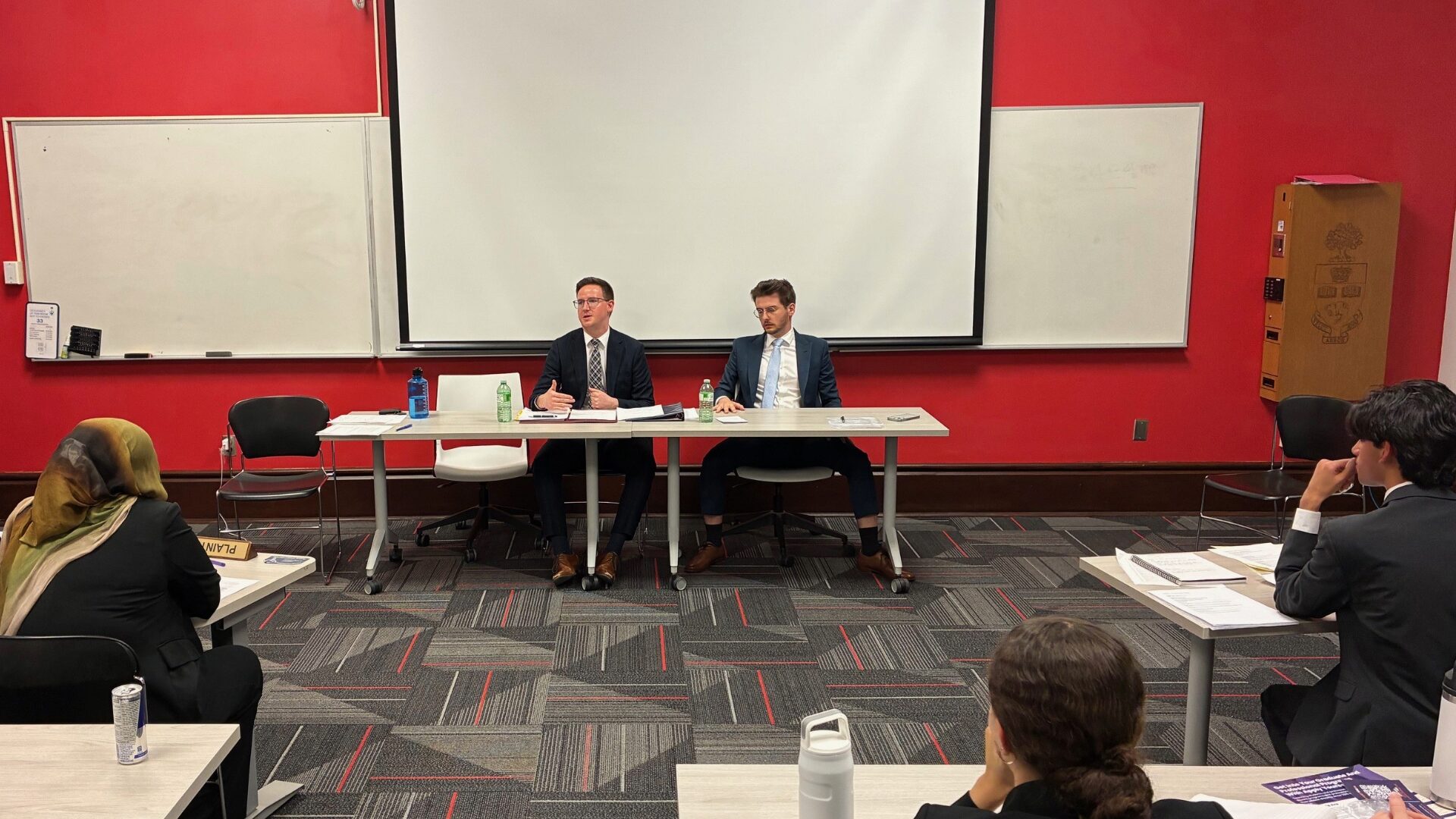Traditionally, the only recourse for a plaintiff or other party who wanted to question or challenge the insurer’s off coverage position was to obtain a judgment against the at fault insured and then commence an application against that party’s insurer under s. 258(1) of the Insurance Act in a subsequent proceeding (See Ahmed v. Maharaj 2010 ONSC 5281). The plaintiff or OPCF44R insurer had no direct right to question or challenge the statutory third party in the primary action because the denial of coverage was a contract dispute between the at fault insured and its insurer only. There was simply no privity of contract between the plaintiff or the OPCF44R insurer and the statutory third party insurer.
However, the 2011 decision of the Ontario Court of Appeal in Maccaroni v. Kelly 2011 ONCA 411 followed in Lica v. Dhaliwal 2015 ONSC 3888 and Prentzas v. Rivera 2015 ONSC 5867 has dramatically altered this long established view.
It is important to note that these cases involve lawsuits where the plaintiff has claimed against its own OPCF44R insurer in response to the at fault driver’s insurer adding itself as a statutory third party. These cases do not appear to apply to lawsuits in which the plaintiff has not sued its own OPCF44R insurer (see Antony v. Bakthaavachalu 2017 ONSC 4943). This is an important distinction that will be discussed in more detail below.
In this regard, once the plaintiff makes a claim against its own OPCF44R insurer it must still prove its entitlement under the OPCF44R Endorsement. One of the ways a plaintiff can do so is by establishing that the available insurance limits of the at fault defendant have been “reduced by operation of law” pursuant to s. 1.8 of the OPCF44R Endorsement which specifically contemplates the statutory third party situation.
The question before the court in Maccaroni was whether by simply denying coverage and adding itself as a statutory third party, had the insurer reduced its insurance limits “by operation of law” or is more required of the statutory third party to justify its denial of coverage.
The Court of Appeal held that more is required of the statutory third party to justify its denial of coverage and that plaintiff had the right to obtain full particulars of the denial of coverage and policy breach from the statutory third party. This was necessary for the plaintiff to establish its entitlement to coverage under its OPCF44R claim by demonstrating that the available limits of insurance have indeed been properly reduced.
The Court of Appeal stated the following in this regard:
19. The issue here is really whether the [statutory third party’s] limits are ‘reduced by operation of law” merely on its say so…In other words, is it enough to allege breach of policy conditions to reduce the liability limits of coverage available to pay third party claimants and then settle by paying the reduced limits? I think not. The words “by operation of law” must have some meaning beyond a liability insurer merely taking an off-coverage position…
20. By alleging policy violation and adding itself as a statutory third party, the insurer who takes an off-coverage position, as Co-operators did here, merely preserves its position. It will then be an issue to be determined in the subsequent litigation…Until there is a finding, however, the insurer’s allegation of policy violation is merely that, an unproven allegation, and the policy limit will remain that set out in the insured’s policy.
The decision in Lica v. Dhaliwal, followed the Court of Appeal decision in Maccaroni and specifically commented on what information and documentation the statutory third party had to provide to the plaintiff and OPCF44R insurer in relation to its denial of coverage and the circumstances of the alleged breach of policy.
The court held that both the plaintiff and the OPCF 44R insurer had the right to question the statutory third party on discovery and to receive documentary production relating to its denial of coverage. Only then, could the plaintiff and the OPCF44R insurer determine if the reduction in limits to the statutory minimum of $200,000 was legally justified, a determination necessary for the plaintiff to access its OPCF44R coverage according to the decision in Maccaroni.
It is, however, important to note that the actual coverage issue between the statutory third party and its insured is not being determined in this process. Rather, the statutory third party was simply required to disclose certain information so that the plaintiff and the OPCF44R insurer could properly consider their own issue of whether the OPCF44R coverage is indeed available to the plaintiff in the circumstances. In other words, the plaintiff and OPCF44R insurer are not legally “challenging” the denial of coverage but rather only seeking information as to the reasons and circumstances of the denial of coverage. The court in Lica made the following comments in this regard:
43 The Court of Appeal in Maccaroni rejected the argument that the merits of the insurer’s denial of coverage can only be determined in an action between the statutory third party and the tortfeasor. The Court held that a factual determination in respect of the coverage issue binds neither the statutory third party nor the tortfeasors and affects only whether the plaintiff is entitled to coverage from its own insurer under the OPCF 44R endorsement. [emphasis added]
44 Mr. Lica is not challenging State Farm’s denial of coverage. He acknowledges that State Farm may have been justified in denying coverage. However, he requires evidence as to their reasons, so that it, and a court, can determine whether coverage was denied “by operation of law” for the purposes of Mr. Lica’s claim for OPCF 44R coverage.
A similar finding was made in the decision in Prentzas v. Rivera 2015 ONSC 5867. Again, the issue before the court was whether a statutory third party had to answer questions and provide documents pertaining to its decision to deny coverage. The court in this case stated the following:
37 I find in this case, both the Plaintiff and the [OPCF44R insurer] require the productions sought, to determine whether the tortfeasor’s insurer CAA’s off-coverage position is supported.
…
44 [The OPCF44R insurer] has been sued on the basis that the CAA policy is “reduced by operation of law”. Documents relevant to that issue are producible.





